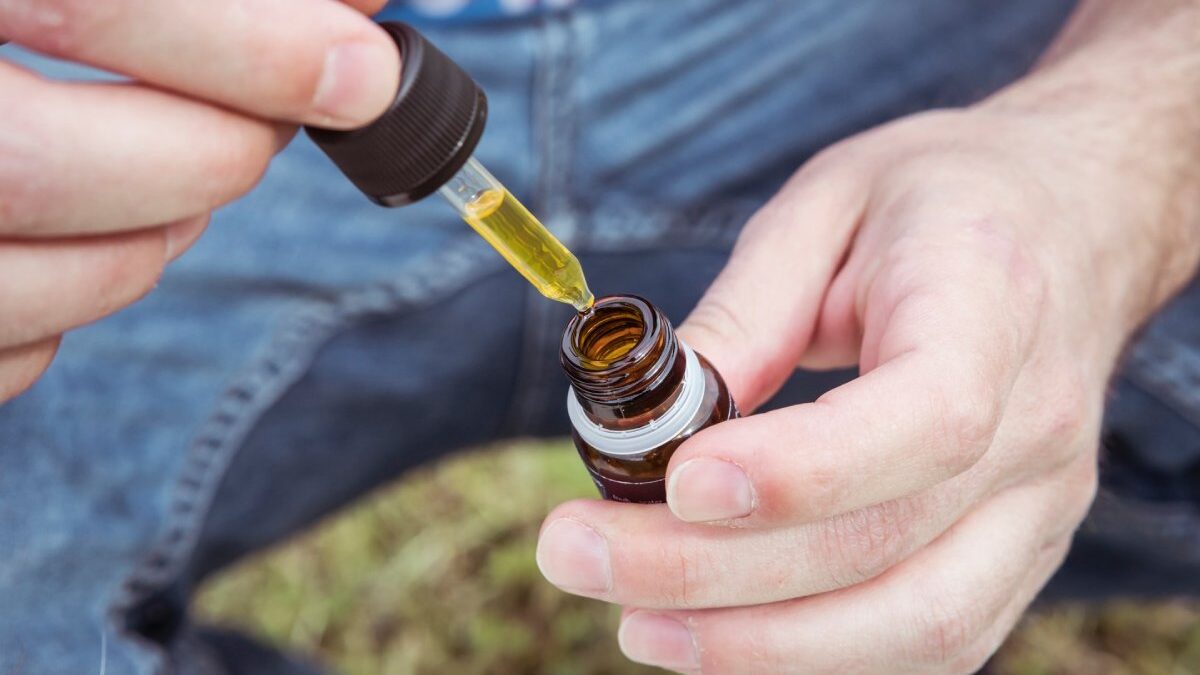Approximately 30% of adults in the US have short-term insomnia, and another 10% have chronic insomnia, according to the American Sleep Association. Stress, busy work schedules, anxiety, physical pain, and medical conditions can easily disrupt your sleep. The lack of sleep can be mild and easy to remedy with lifestyle changes. But in some instances, restlessness becomes severe and requires medicine.
While sleeping pills can improve sleep, they cause many side effects like dizziness, nausea, and diarrhea. For these reasons, many people are looking for natural treatments like medicinal cannabis. Researchers also say CBD can reduce anxiety and enhance sleep quality, without causing adverse reactions. Here’s how cannabis oil could help improve sleep quality.
CBD Reduces Time Spent in REM Sleep
Anxiety relief is one of the many benefits cannabidiol oil offers. CBD stimulates a calming and relaxing feeling in the body and reduces the time spent in REM sleep. As a result, you sleep for longer hours because you don’t experience nightmares or vivid dreams that interfere with healthy sleeping patterns.
Although it’s easy to associate medicinal cannabis with drowsiness, it doesn’t cause a psychoactive effect due to the low THC levels or tetrahydrocannabinol it contains. Instead, it alleviates pain, reduces panic attacks, and improves sleep. When combined with a maximum of 0.3% THC, CBD interacts with the body’s endocannabinoid system to regulate your sleep cycle. In fact, both THC and CBD help the cannabinoid receptors to continue functioning correctly, even amidst extreme levels of stress.
CBD Oil Quality Matters
It’s a common misconception that all CBD oils are equal in terms of quality. But that’s not the case, as some cannabidiol products perform better than others. When choosing CBD for sleep, read the label to ensure the active ingredients are safe and legal. A THC level of 0.3% is one of the main features of high-quality medicinal marijuana oils. In most cases, quality CBD oils come with labels such as full-spectrum, broad-spectrum, or CBD isolate.
Full-spectrum CBD, for example, contains THC and other cannabinoids like terpenes and flavonoids. These components make it an ideal choice for anyone looking for numerous health perks. Nonetheless, broad-spectrum and CBD isolate oils are great options for enhancing sleep, even though they have little to no THC extracts.
Formulations Affect Absorption of CBD for Sleep
CBD oil comes in various forms like dabs for vaping, tinctures, capsules, gummies, and powder for oral ingestion. You may also choose CBD infused creams or lotions for topical application. Ideally, there is no one size fits all on how to consume cannabidiol products. However, your primary concern should be the level of concentration and absorption of each formulation, as it will affect the therapeutic effect of promoting better sleep.
Studies also suggest that cannabis oil could fight insomnia and enhance sleep quality, but extensive research is required to determine the exact dose one should take to enjoy healthy sleep. Because the concentration of CBD oil varies, experts recommend starting with low dosages. It is also wise to experiment with edibles, topical ointments, and vapes to identify the best formulation.

